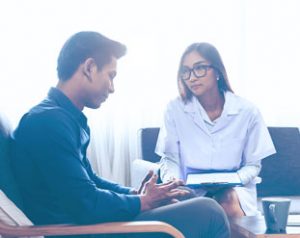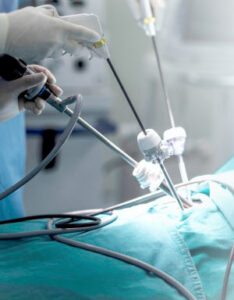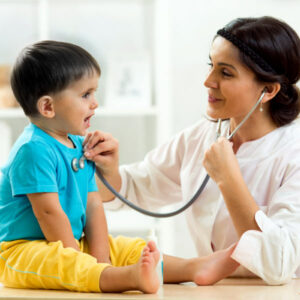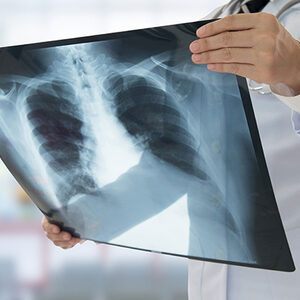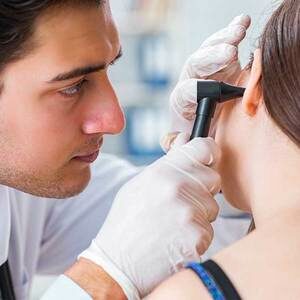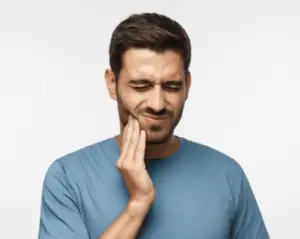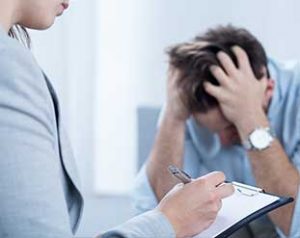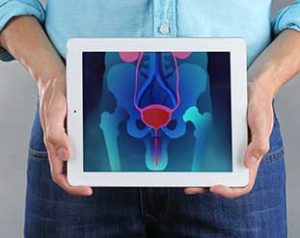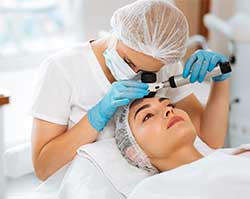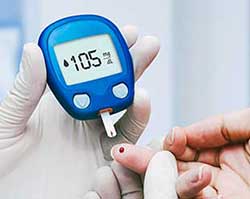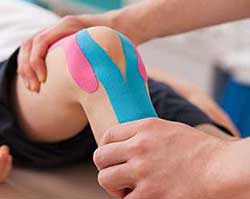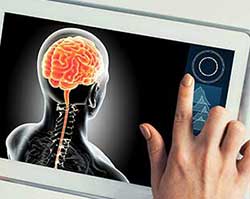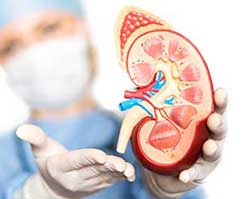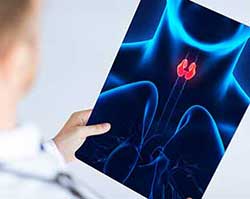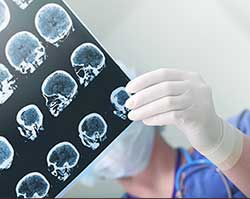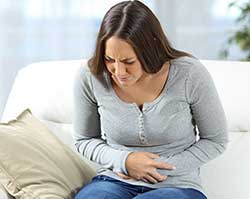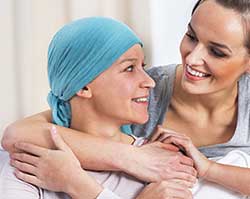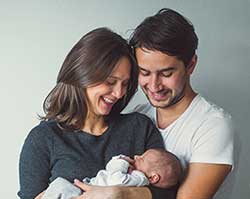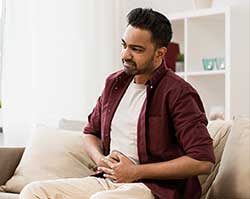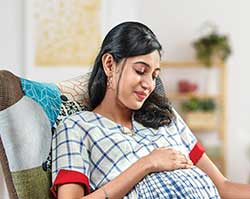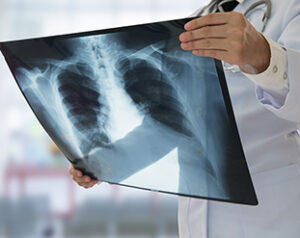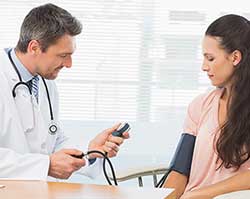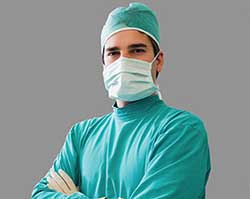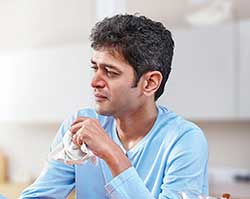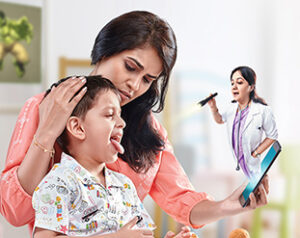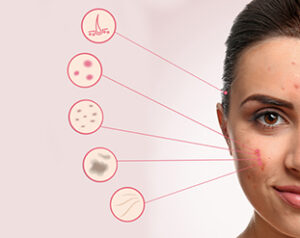Consult City's Top Doctors, The Minute You Need To
First Consultation starting
@ ₹349 ₹599
2088
Gastroenterologists
174457
Cases done
by Gastroenterologists
1567
Hospitals
The dangers of enterocolitis
About
Enterocolitis is inflammation in the digestive tract. It specifically affects the inner linings on both the small intestine and the colon, giving rise to various symptoms in the body.
Nearly 12% of infants born weighing less than 1500 g will develop necrotizing enterocolitis. 30% of affected babies do not survive. [1]
- A common gastrointestinal emergency among premature infants
- Develops in full-term and near-term infants
- Caused by bacteria, viruses, fungi, or parasites
- Self-diagnosis: Abnormal bowel movements
- Should resolve within a few days
- Self-treatment could involve abstaining from stimulants causing abnormal bowel movements.
In adults, it manifests as ulcerative colitis that peaks at ages 15 to 30 and then again at ages 50 to 70. A reported 1.3% of US adults (3 million) are diagnosed with IBD (either Crohn’s disease or ulcerative colitis).
Types of enterocolitis:
- Necrotizing enterocolitis
- Antibiotic-associated enterocolitis
- Pseudomembranous enterocolitis
- Hemorrhagic enterocolitis
Symptoms
Self-Diagnosable
The common symptoms of enterocolitis include bowel changes, abdominal bloating, diarrhea, bloody stools, painful passing of stools or mucus like discharge with stools, cramping abdominal pain, nausea, and vomiting. In kids, loss of appetite, poor feeding, fever, chills, fatigue, and dehydration are common.
Treatment
Mild cases of enteritis generally resolve within a few days. Medical treatment is not necessitated.
Self-Care
In case of adults, take a healthy balanced meal, regular intake of probiotics like yogurt, buttermilk, regular consumption of healthy fats, fish oils, walnuts, olive oil, and so on.
Avoid spicy, oily, or fried foods and stimulants such as alcohol, caffeine, and meat.
Medication
Enterocolitis is given symptom-based treatment. Regular oral food intake might be stopped, and intravenous fluids for electrolyte balance is given. Antibiotics and antidiarrheal medicines are given depending on the causative organism. In the case of babies, treatment includes intravenous feeding, antibiotics, and possibly surgery to remove damaged parts of the intestine.
Specialists
Patients will need to consult a gastroenterologist in case of serious issues. mfine offers a wide selection of established doctors to attend to your concerns.
Other Specialities
Give a missed call to 08061914343 to Download the App
